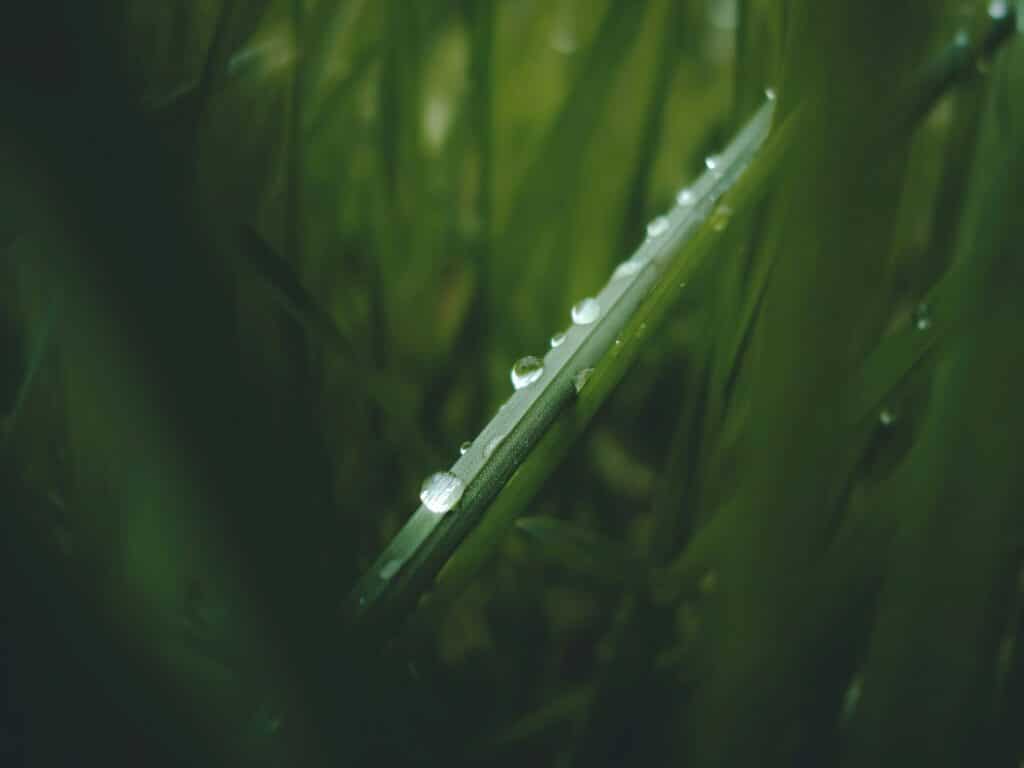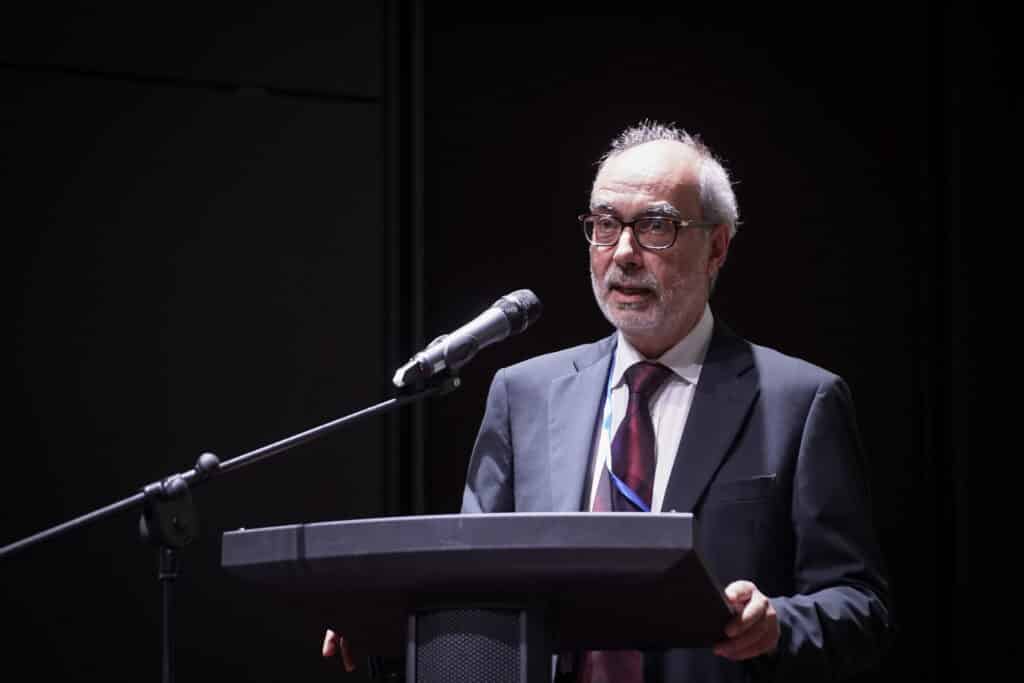Recovery and Resilience of the Energy Sector through Energy Communities. Promises and Perils
The paper “Recovery and Resilience of the Energy sector through Energy Communities. Promises and Perils” will be presented at the FSR Sustainability Conference on “Greening Infrastructures” (22 June 2022).
Abstract
This paper aims to investigate how Next Generation EU can contribute to the creation of green infrastructure in the energy field, through a case study of the Italian National Recovery and Resilience Plan (PNRR). The PNRR places the issue of infrastructure at the centre of energy transition, highlighting the need to upgrade the existing infrastructure, especially in the less developed areas of the country (centre-south and islands), both in terms of capillary networks and their efficiency.
What emerges as interesting from a reading of the plan is a vision of system development that seems to want to boost the profile of energy self-sufficiency, demonstrated by the funds earmarked for energy communities and collective self-production structures, and in general the possibility of applying digital technologies on a different territorial scale, also with a view to the greater involvement and empowerment of consumers. The investment envisaged by the PNRR is aimed at the installation of photovoltaic systems with new power generation capacity, combined for renewable energy communities and self-consumers in order to reduce annual greenhouse gas emissions dramatically and contribute to the achievement of climate targets.
The research aims to offer a first reading of the Italian governance of the creation of innovative forms of production and consumption, to consider the contribution of all the institutional actors involved, and to highlight the nodes of the ongoing debate.
Research Design and Expected Results
The analysis is carried out through a critical reading of the PNRR, in particular Mission 2 on “green revolution and ecological transition”, which is derived directly from the EU Green Deal. In investigating the prospects for the role of renewables and for the enhancement of energy communities, the documents of ARERA (the Italian energy, water, infrastructures and environment market regulation authority) will be analysed, demonstrating the leading role the authority has in the governance of the transition towards green energy infrastructures. This also includes the process of energy transition in Italy within the CEP (The Clean Energy for all Europeans Package) and in particular the transposition of RED II and IEMR Directives, which regulate new forms of consumption such as Renewable Energy Community; Jointly-acting renewable self-consumers; Citizen Energy Community; and Jointly-acting active customer. ARERA’s contribution to the debate on the subject of general system charges, in particular those related to the objectives of environmentally sustainable development and those aimed at combating energy poverty, will be taken into consideration because of the weight they have on the process of liberalising the retail market.
The study will outline the persistent pitfalls in the Italian energy governance system, especially with regard to the consumer empowerment profile and territorial fragility, despite the efforts made through the recovery and resilience strategy to set up new forms of production and consumption. It will try to sketch out possible solutions de jure condendo, by reading in addition the framework being transposed in the light of the new, more ambitious objectives of the Fit for 55 package.






